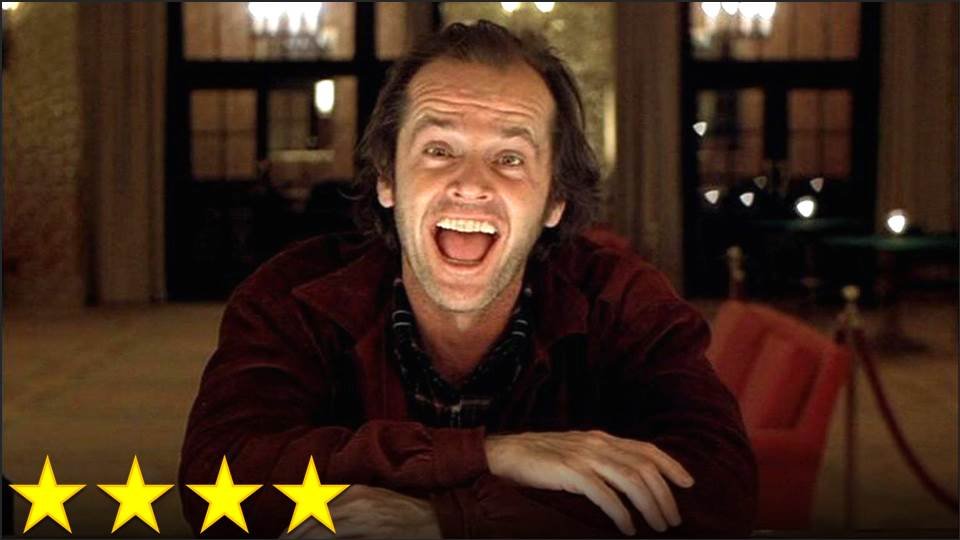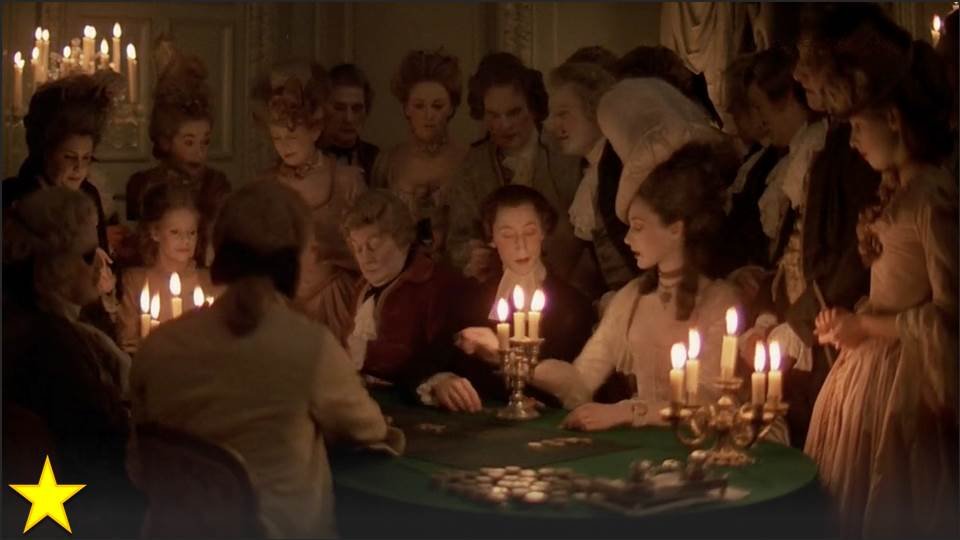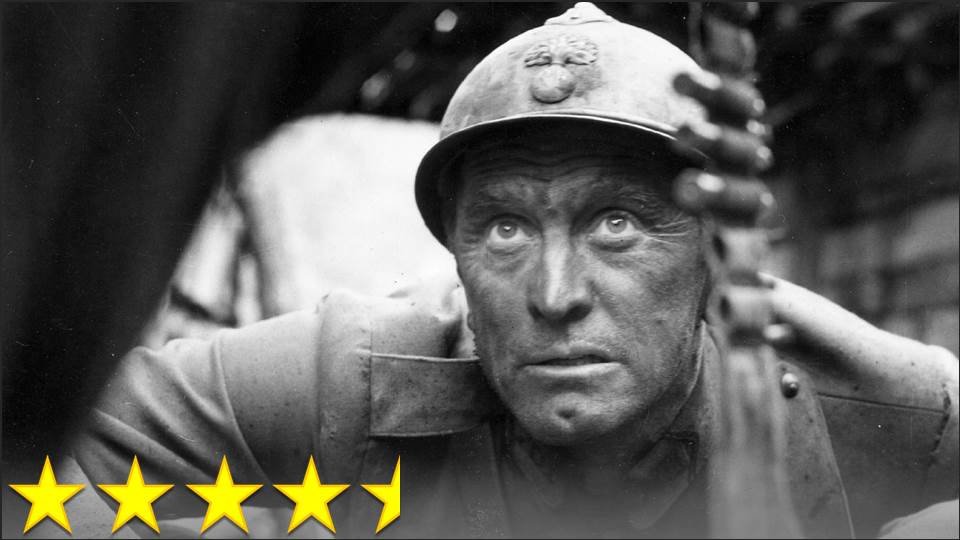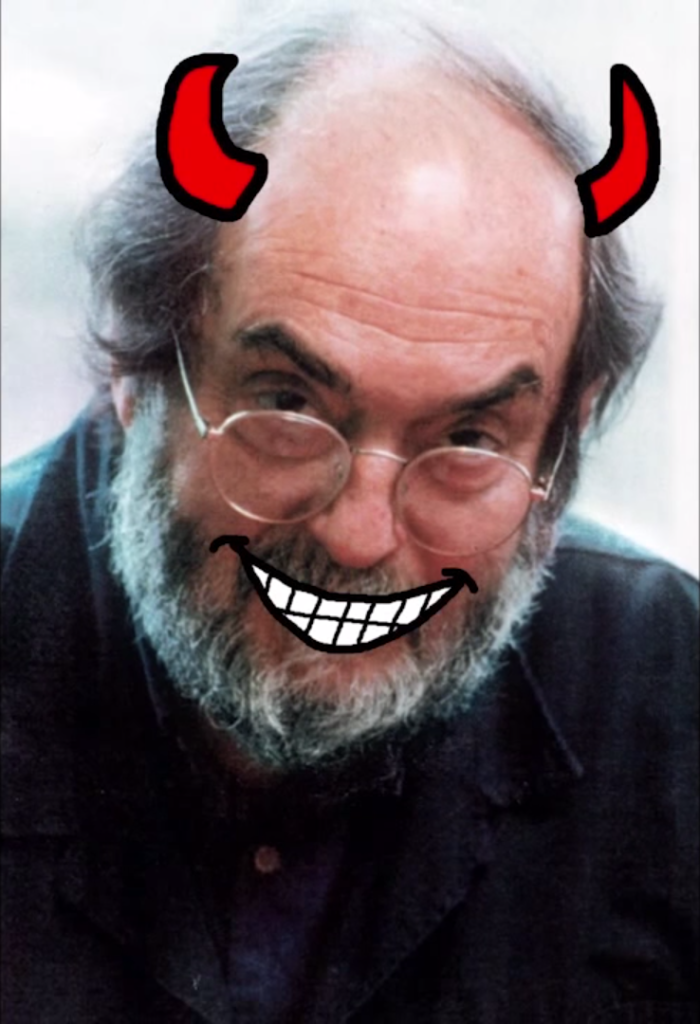MINOR SPOILERS
One of the tasks I’ve taken up recently is familiarizing myself with more classic horror cinema. I’m usually not the type to enjoy being anxious and afraid, so it’s taken me a while to see the classics of this genre. Fortunately, The Shining is an easy one for me to appreciate. While it is scary, it’s not all about jump scares and other cheap tricks – it’s classy, as one would expect from Kubrick. It’s fun, it’s clever, it’s thought-provoking, it’s suspenseful, and it’s memorable. Even though it may not have totally sucked me in, I must say that I was consistently impressed with the cinematography, the editing, the acting, and the fascinating story. I think that Scatman Crothers’ character (Dick Hallorann) could have been a little less creepy, because it’s very important that the audience likes this character, but I still rooted for him at the appropriate time. It’s not entirely clear to me what everything in the movie meant exactly – and I do think some parts are meant to be open-ended – but that doesn’t affect the story too much.
It’s not my favorite film, but it’s one of my favorite Kubrick films, and I highly recommend it come next Halloween – just don’t expect it to be anything like the book . . . .




